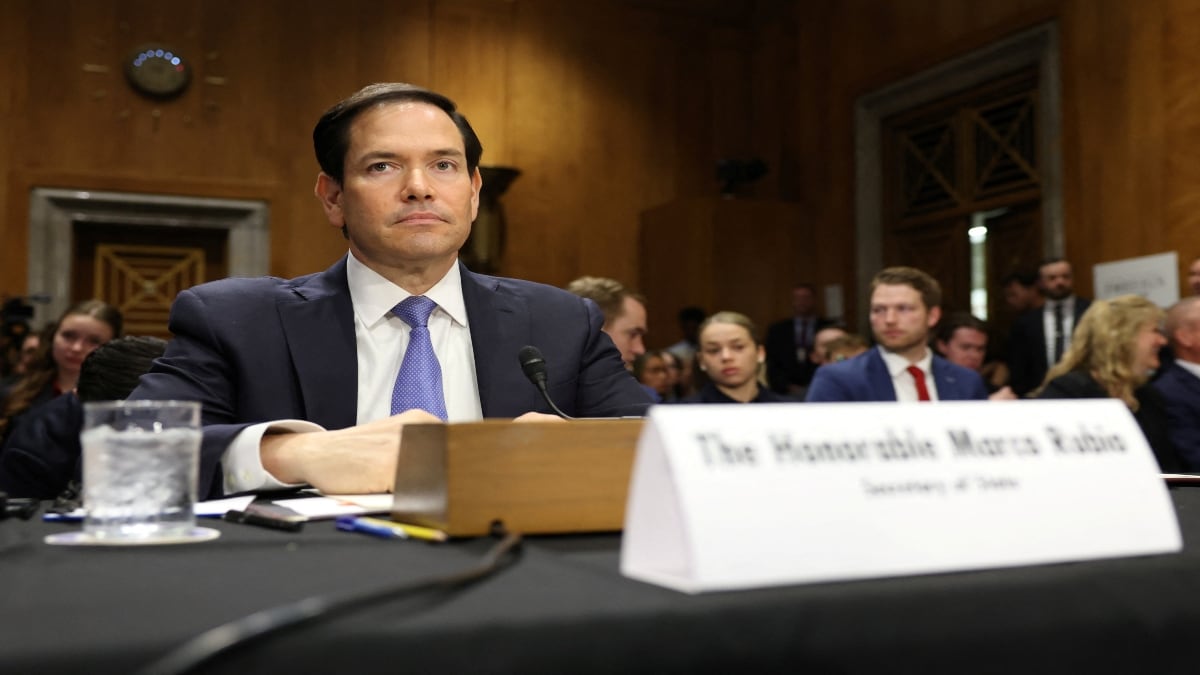Instead of his planned trip to the Asian nations, Rubio will now attend a meeting between US President Donald Trump and Israeli Prime Minister Benjamin Netanyahu, slated for Monday, as pressure mounts on Israel and Hamas to reach a ceasefire in Gazaread more
US State Secretary Marco Rubio has postponed his upcoming visits to Japan and South Korea to focus on the Israel-Hamas war as Washington draws up plans for a ceasefire in
Gaza.
According to a report by Nikkei, Rubio, who was supposed to kick-start his Asia tour from next week by travelling to Japan, has informed the governments in Tokyo and Seoul that his trips will be pushed back.
During his visit to Japan, Rubio was scheduled to meet with Prime Minister Shigeru Ishiba and Foreign Minister Takeshi Iwaya. Discussions were expected to cover US tariff policies, developments in West Asia, and regional issues involving China, Russia, and North Korea.
The development comes after the US cast doubt on reaching a trade deal with Japan and
South Korea ahead of the expiration of a pause on retaliatory tariffs.
Why has the tour been pushed back?
Instead of his planned trip to the Asian nations, Rubio will now attend a meeting between US President Donald Trump and Israeli Prime Minister Benjamin Netanyahu, slated for Monday, as pressure mounts on Israel and Hamas to reach a ceasefire in Gaza.
Sources told Nikkei that top State Department officials decided to cancel the meeting during a discussion held on Wednesday. Meanwhile, efforts toward securing a temporary ceasefire in Gaza appear to be gaining traction, with the potential for Hamas to release 10 living hostages and the remains of 18 others over a 60-day period.
While two State Department officials have confirmed the cancellation of Rubio’s trip to
Japan and South Korea, he is still expected to visit Malaysia for the ASEAN Foreign Ministers’ Meeting on July 10 and July 11.
Is Asia not a priority for Trump?
Derek Grossman, a professor of international relations at the University of Southern California, said, “The Trump administration is leaving key US allies, Japan and South Korea, hanging out to dry when some shoring up of ties is needed, especially with ongoing trade tariffs and whispers that Washington plans to withdraw troops from bases in these allied nations.”
Trump’s foreign policy had
been shifting towards transactional diplomacy, economic deals, and recalibrating alliances away from costly military entanglements in West Asia, looking to Gulf states for security and economic partnerships instead of traditional commitments to Israel.
The administration’s new focus on West Asian crises undermines its ability to prioritise Asia, particularly efforts to deter China and reinforce alliances in the Indo-Pacific.
